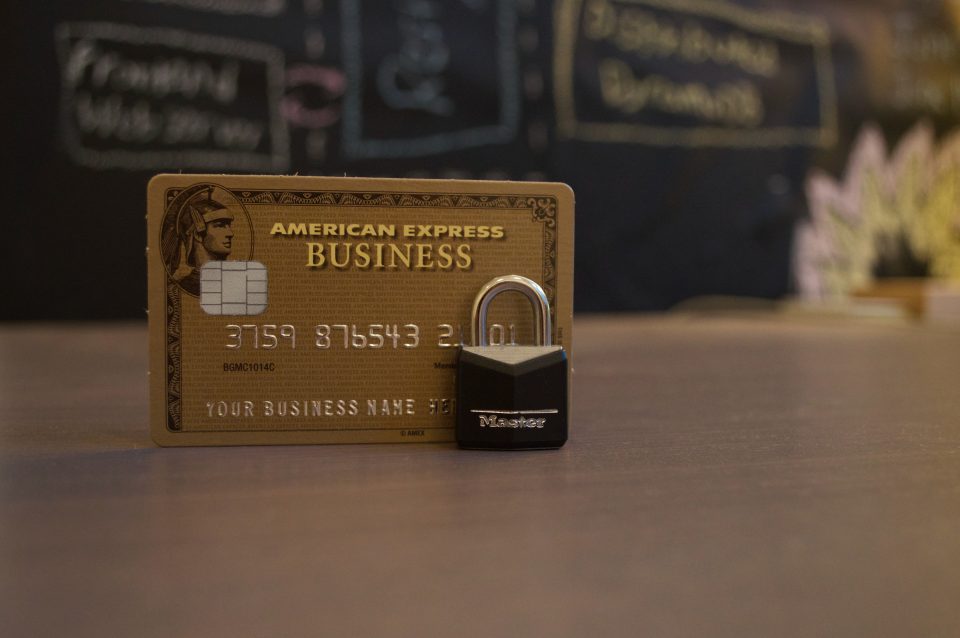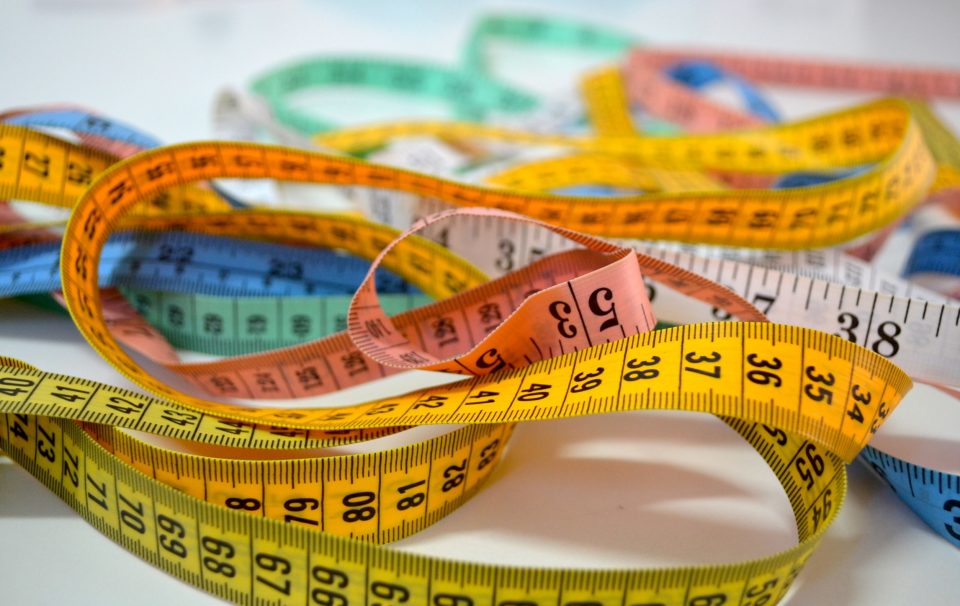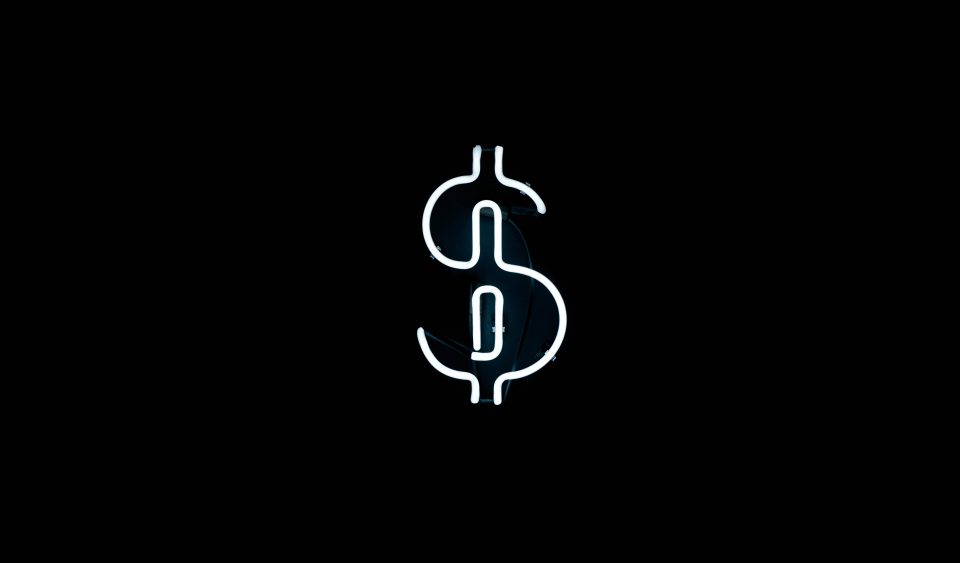Tax Free Savings Accounts (TFSA) were introduced in 2009. They were created under the premise that this type of account would provide an incentive (no taxes) for Canadians to save money. They are a simple and very useful financial tool. TFSAs are an excellent way to save for virtually any goal; your emergency fund, a … Read More
Your TFSA: Tax Free Savings Account Basics










